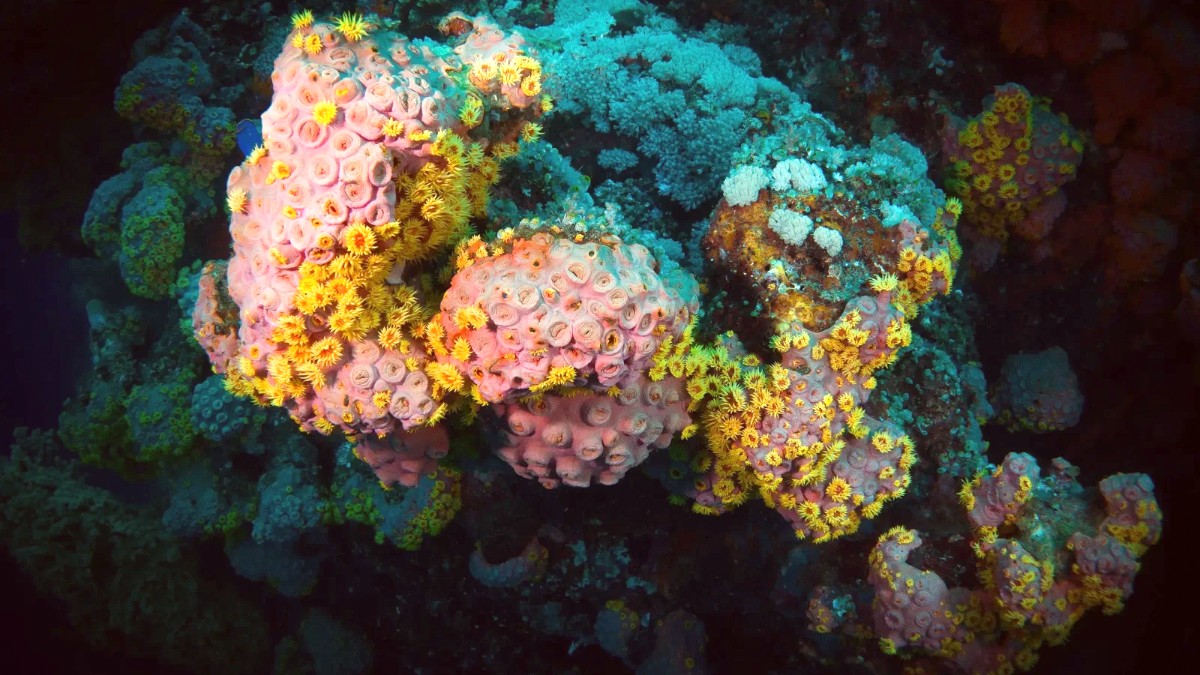
Local SIM cards or mobile providers are absent on any USMOI. Standard mobile phones have no signal.
Internet access is extremely limited, relying on satellite connections. These links are typically slow and reserved for operational communication.
Postal services are unavailable. Mail arrives only via infrequent supply ships or authorized government flights for operational needs.
As U.S. Federal territories, English is the language for all authorized operations. All personnel exhibit proficiency in English.
Satellite communication devices are fundamental for emergency contact and mission reporting. Expect to be largely disconnected from conventional communication networks.
The operational framework for the United States Minor Outlying Islands defines all activities, prioritizing safety and mission success.
Access is strictly limited to authorized personnel with specific permits for scientific or government missions.
All operations occur in extremely remote and isolated environments, requiring self-reliance.
Rigorous biosecurity protocols represent a fundamental measure against invasive species.
Etiquette focuses on profound respect for the natural environment and its delicate ecosystems.
Photography generally occurs for research and documentation, with strict rules against disturbing wildlife.
Due to the extreme remoteness and rugged nature of the islands, authorized visits presuppose a high degree of physical capability and self-reliance. This environment is unsuitable for individuals with significant physical challenges without specialized support.
The most stringent 'pack it in, pack it out' policy is effective. All waste is meticulously collected and transported off-island.
Fresh water is extremely scarce. Islands depend on rainwater collection or imported supplies.
Public tourism is prohibited. There is no commercial eco-tourism.
No direct economic benefit flows to a local community as commercial tourism infrastructure is absent.
The overarching "etiquette" on the USMOI is profound respect for the environment and strict adherence to rules designed for its protection.
Access involves specialized vessels or authorized government aircraft. Commercial connections are absent.
Every visit has a clearly defined purpose, like scientific research, conservation, or national security.
All activities fall under strict U.S. Federal regulations and environmental protection laws.
Authorized personnel must be self-sufficient, bringing all necessary supplies for their duration.
New discoveries on marine biodiversity surface from these efforts.
Data on climate change consequences are gathered.
Successes in endangered species recovery are documented.
Visits to the USMOI are professional expeditions, not leisure trips. Their main value resides in scientific and strategic contributions.